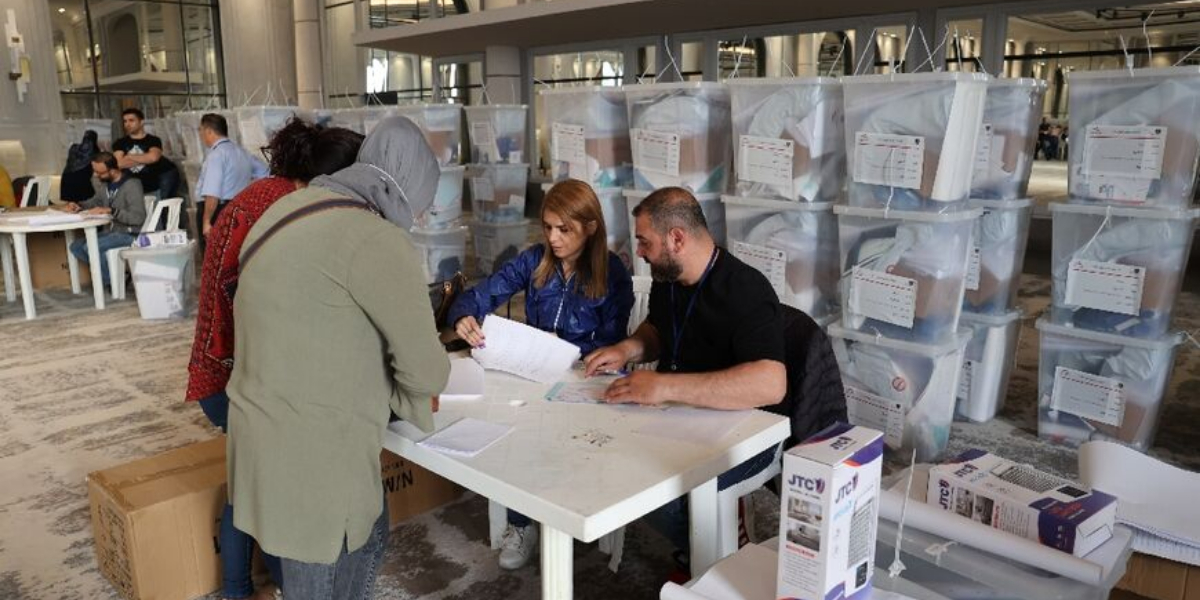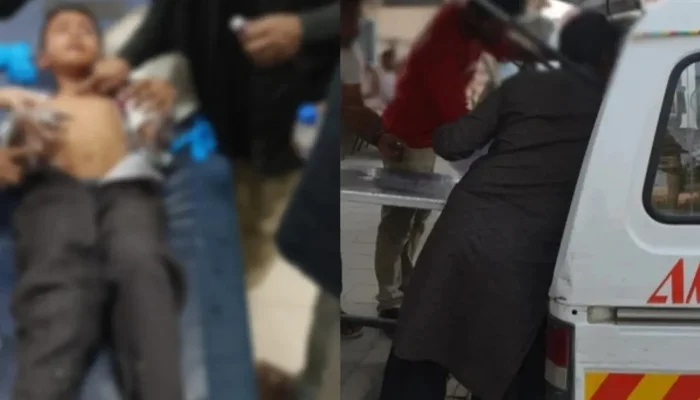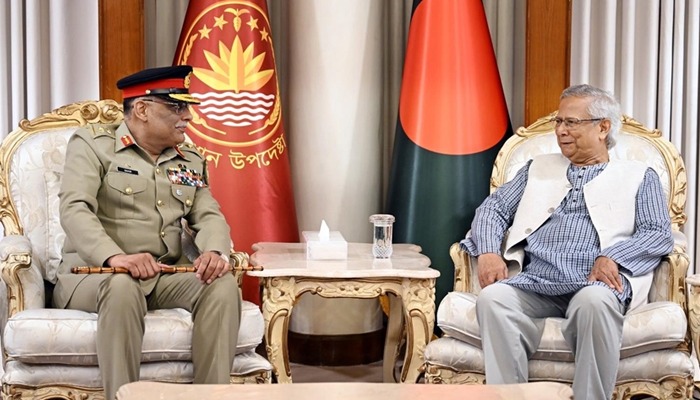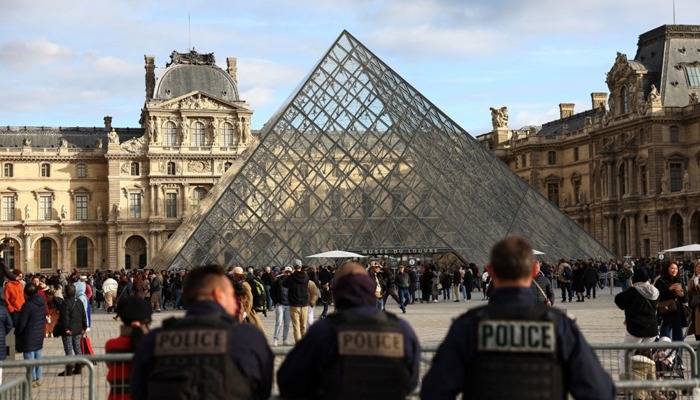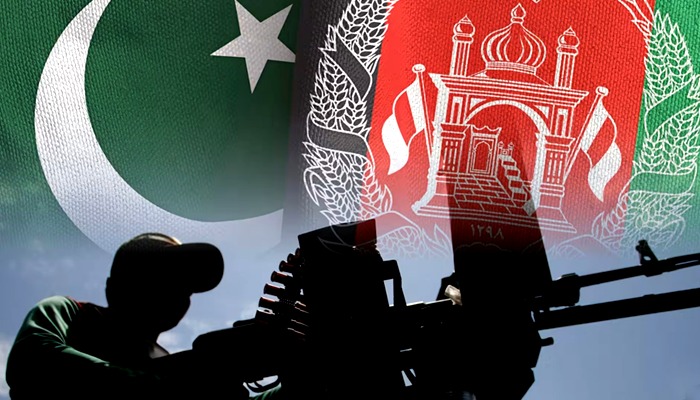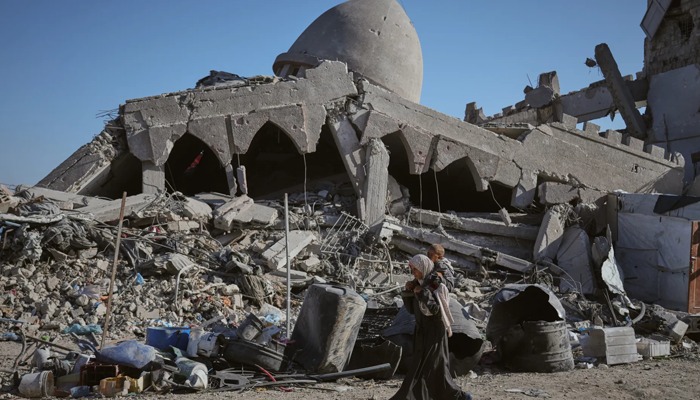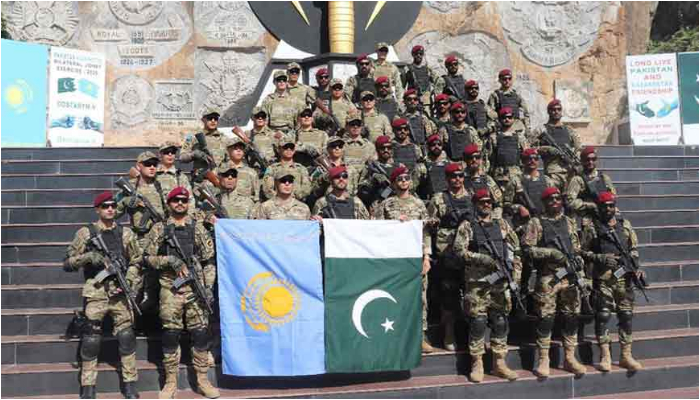Lebanon held its first election on Sunday since numerous crises pushed it to the brink of statehood failure, a crucial test for new opposition groupings aiming to depose the ruling class.
Observers have warned that there would be no seismic shift because traditional sectarian parties hold all the levers of power and the electoral system is structured in their favor.
When polling booths opened at 7:00 a.m., 3.9 million Lebanese were eligible to vote after an uninspiring campaign suffocated by the country’s all-consuming economic woes (0400 GMT).
Lebanon’s army deployed across the country to safeguard an election that donors insisted was a must for financial aid vital to the country’s survival.
A new generation of independent candidates and parties are hoping to kindle the change that an unprecedented anti-corruption uprising in 2019 failed to deliver.
“I am with change because we tried this current political class before and now is the time to bring in new faces,” Nayla, a 28-year-old who only gave her first name, told AFP after casting her vote in Beirut.
Independents can aspire for more than the single-seat they won in 2018, but the majority of parliament’s 128 seats will remain in the hands of the political elite responsible for the country’s troubles.
The Iran-backed Shiite movement Hezbollah and its two main partners, the Shiite Amal party of Speaker Nabih Berri and the Christian Free Patriotic Movement of President Michel Aoun, dominated the previous chamber.
“It seems almost impossible to imagine Lebanon voting for more of the same — and yet that appears to be the likeliest outcome,” said Sam Heller, an analyst with the Century Foundation.
Since the last election, the country was mutilated by an August 2020 blast at the Beirut port that went down as one of the largest non-nuclear explosions in history and deepened one of the most spectacular economic downturns of our time.
– Corruption –
The Lebanese pound has lost 95 percent of its value, people’s savings are blocked in banks, minimum wage won’t buy a tank of petrol, and mains electricity comes on only two hours a day.
The UN currently classifies more than 80% of the population as impoverished, with the most destitute increasingly attempting risky boat crossings to reach Europe.
Lebanon, once known as the Middle East’s Switzerland, came in second-to-last in the World Happiness Index released in March, trailing Afghanistan.
Many registered voters have appeared indifferent to an election that many doubted would even be held until a few days ago, numbed by the everyday miseries of the economic crisis.
Despite international pressure to improve Lebanese politics, the country’s political corruption remains rampant, particularly in the electoral process.
The crisis has only widened the gap in purchasing power between the politicians who buy votes and the electorate that sells them.
At one candidate’s rally in the northern city of Tripoli, some well-wishers disappointed by the lack of cash handouts made off with the plastic chairs.
– Low hopes –
While Sunday’s election might not topple their reviled leadership, some Lebanese see the vote as an important test for the principles that arose during the October 2019 uprising.
For Marianne Vodolian, the cataclysmic August 2020 explosion that disfigured Beirut and killed more than 200 people makes voting an even more sacred duty.
“We are against the regime that ruled us for 30 years, robbed us and blew us up,” said the 32-year-old, a spokesperson for the families of blast victims.
Opposition parties, many of which emanated from the now-defunct protest movement supporting secular and democratic change, have struggled to mount a united challenge but could secure a stronger voice in parliament nonetheless.
“The elections are an opportunity to change the system and hold it accountable in a way that makes this country liveable,” Vodolian said.
An inquiry into the explosion has been obstructed by top political leaders — two of the principal suspects are even vying for office — and judicial proceedings against the Central Bank governor over financial crimes are also stalled.
The disappearance of former Prime Minister Saad Hariri is one of the most striking shifts in the election scene, leaving segments of the Sunni vote open to new players.

